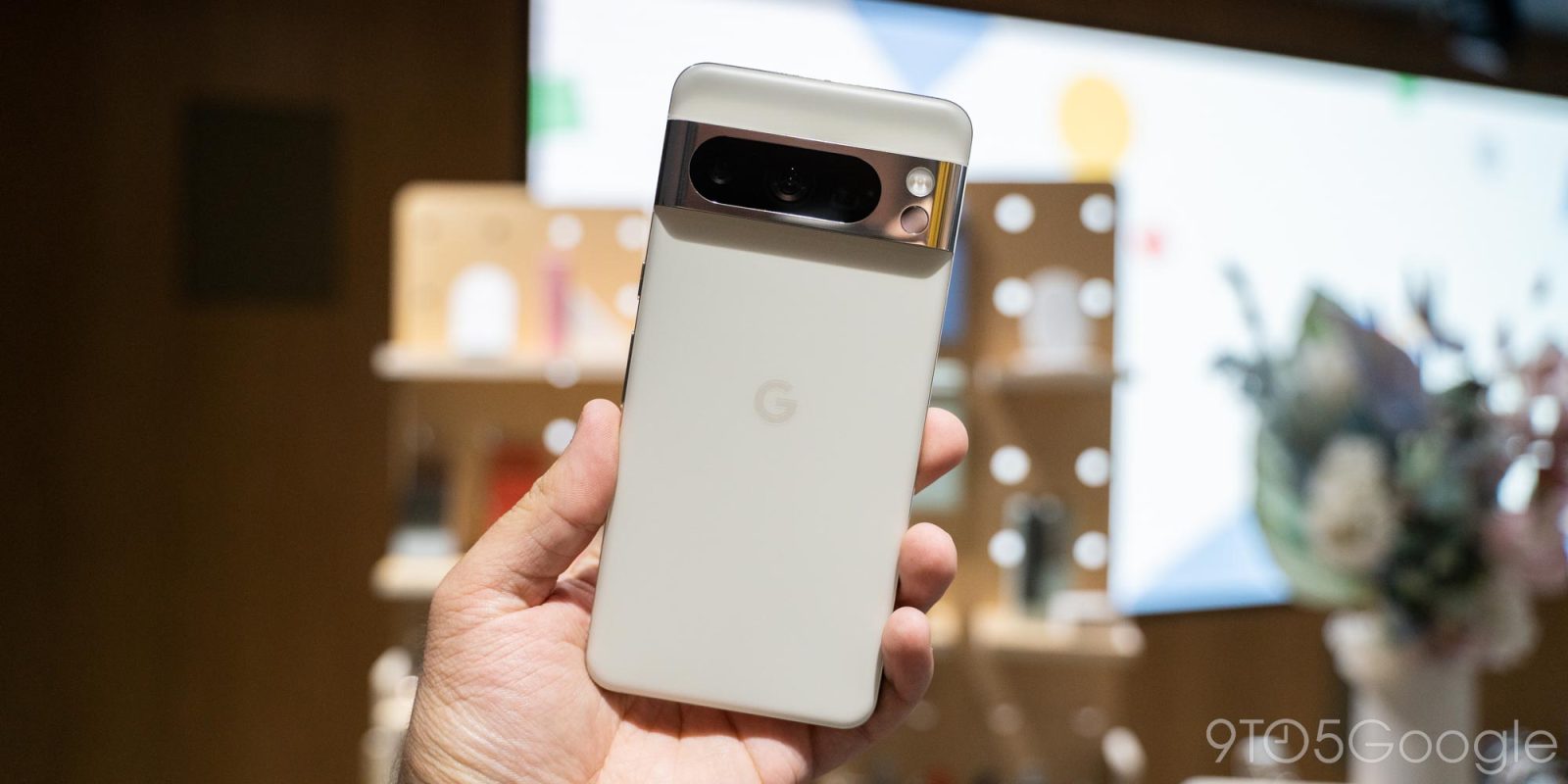
Google this week debuted the Pixel 8 and Pixel 8 Pro, which, on paper, look fantastic. But as we mentioned in our hands-on coverage, it all depends on Tensor G3, which literally just needs to pass the bar of being not terrible.
This issue of 9to5Google Weekender is a part of 9to5Google’s rebooted newsletter that highlights the biggest Google stories with added commentary and other tidbits. Sign up here to get it delivered to your inbox early!
Google Tensor first debuted in 2021 as the AI-focused chip for Pixel 6 devices, and it put out a decent first show. Initial impressions were good with decent performance, but things quickly went downhill as connectivity issues became common among buyers, and thermals struggled once the summer months rolled around.
When Tensor G2 arrived in Pixel 7, the story didn’t change all that much. The new chip brought a considerable improvement to cellular performance, but it still struggled greatly with thermals and, in turn, power efficiency. That was only emphasized by Google’s use of the chip in the $1,800 Pixel Fold. While I’ve personally always been fine with Tensor’s shortcomings, that’s only in the context of phones that are cheaper than the competition.
With all that in mind, Google’s latest chip, Tensor G3, just has one job.
Don’t. Be. Bad.
And, really, it does seem as though Google is stepping things up. On paper, Tensor G3 is quite a leap from previous models. Early benchmarks have confirmed that the chip is using much more modern hardware, with specs including a Cortex-X3 main core, four Cortex-A715 cores, and four Cortex-A510 cores. Those cores debuted from Arm in 2022 and are found in chips such as Snapdragon 8 Gen 2 and MediaTek Dimensity 9200. In other words, Google is finally on the same playing field when it comes to the raw components.
But, really, it all comes down to how the package as a whole stands up.
That’s not to say it needs to be some performance champion, because it absolutely doesn’t, but it just needs to be an objectively decent chip. It needs to be able to handle modern apps and games without having a literal meltdown. Users should be able to use their phones without heat building up to uncomfortable levels. And, while the same modem appears to be in use, signal performance improvements would be more than welcome.
With a higher price and the better part of a decade where the chip needs to keep going, Tensor G3 is literally what will make or break the Pixel 8 series.
Stay tuned for more later this week…
This Week’s Top Stories
Pixel 8 and Pixel Watch 2 have arrived – what else could we possibly talk about?
Google this week revealed Pixel 8, Pixel 8 Pro, and Pixel Watch 2 after the literal mountain of leaks that came out over the past few months. In case you missed it, here are the key stories.
- Google Pixel 8 series boosts camera, AI features, and lifespan, starting at $699
- Google announces Pixel Watch 2: 24-hour battery with AOD, stress tracking, $349
- Hands-on: Pixel 8 and Pixel 8 Pro are Google’s most promising phones yet
- Hands-on: Pixel Watch 2 rocks, but won’t change your mind on Google’s smartwatch
- Pixel 8 will get 7 years of Android OS, security, and Feature Drop updates
- Here’s everything that’s actually new on Google Pixel 8 [Gallery]
- Here’s everything that’s actually new on Pixel Watch 2 [Gallery]
- Where to pre-order the Pixel 8 for the best launch deals
- Where to pre-order the Pixel Watch 2 for the best deals
Top comment by Arthur
I'm curious, even though it looks like the same modem is being used as the 7 series, whether the Tensor G3's efficiencies overall will play any part in how much battery the 5G connection will use up versus LTE only. Also the last few weeks I turned down the resolution on my 7 Pro to FHD+ but left 5G and Adaptive Connectivity on and I've noticed battery life both with 5G UC actively in use and while the phone is idle, cellular battery use isn't one of the top battery users.
Also of note, Android 14 started rolling out this week, and Google also further launched the second beta for its next Feature Drop.
Non-Pixel Top Stories
- Google announces ‘Assistant with Bard’ for Android and iOS
- Google Bard readies’ Memory’ to adapt to important details about you
- Hands-on: Samsung’s new ‘Fan Edition’ tablets are more exciting than the phone
- Official look at OnePlus Open focuses on newly designed hinge
- Google Home is getting the ‘AI’ treatment with new experimental features
- Fitbit Labs teased with AI feedback on recent workouts and trends
- FuboTV update adds new shortcuts and better performance on Android and Google TV
- Review: JBL Authentics 300 is a Google Assistant speaker that hits all the right notes
From the rest of 9to5
9to5Mac: Apple releases iOS 17.0.3 with fix for iPhone 15 overheating issues
9to5Toys: Samsung enables SmartThings smart home hubs on existing monitors, TVs, and sounders
Electrek: You will soon get up to $7,500 EV tax credit at purchase rather than a return
FTC: We use income earning auto affiliate links. More.



Comments